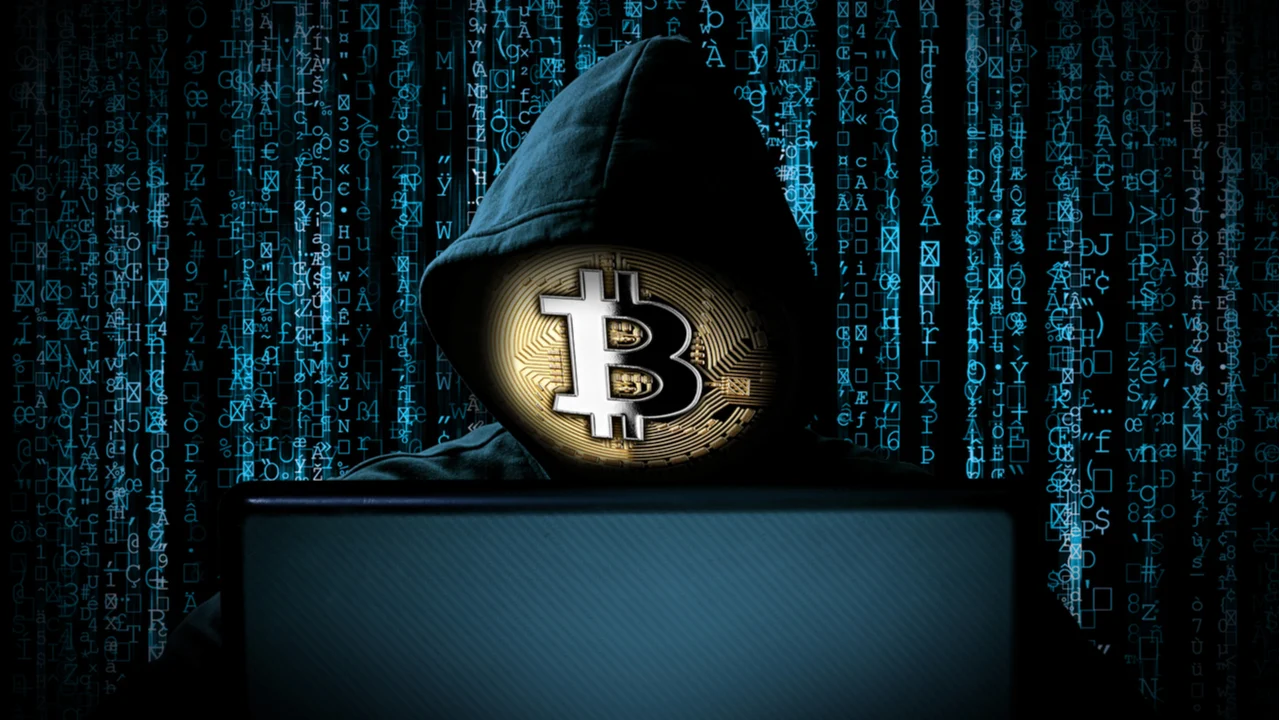Cryptocurrency or digital currency is a decentralised system of making transaction that allows users to bypass the traditional banking system which is essentially centralised. The transactions made by means of cryptocurrency is instant which transfers token to a digital wallet via a difficult to track ‘blockchains’. This means that no single person or group has control over the said transaction. Decentralisation in cryptocurrency allows users to maintain ‘pseudo anonymity’ whereby transactions made are unidentifiable. Bitcoin emerged as the first cryptocurrency available for public purchase in January 2009.
Notwithstanding the advantages, it also poses a major threat to international security. Considering the growing international crimes such as terrorism, and their (mis)use of the digital world, cryptocurrency gives an easy access to terrorists and other criminals to store and have access to their illicit money. The security lapses and hacking attempts in the cryptocurrency system are on the rise compiled with the lack of regulation increases the chances of scams and market manipulation. Moreover, crypto transactions are irreversible, making it difficult to recover funds by tracing their origin.

Binance, a global cryptocurrency company, was launched in 2017 in Sanghai, China and quickly gained prominence as the world’s largest cryptocurrency exchange. However, it soon moved out of China to Japan following Chinese ban on all trading exchanges for cryptocurrency in September 2017. There are around 420 million cryptocurrency users worldwide with Binance boasting nearly 60 per cent of market share in cryptocurrency trading.
The US Department of Justice, in November, charged Binance of conducting unlicensed money transmitting business, a conspiracy charge and violating the International Emergency Economic Powers Act. As part of the settlement, Bitcoin and its founder Changpen Zhao agreed to pay $4.3 billion as fines following its guilty plea to money laundering violations, with Zhao agreeing to pay a penalty of $50 million and stepping down from the company with immediate effect.
Moreover, Binance was accused by the US Treasury Department of enabling Hamas, the Gaza based militant group deemed terrorist organisation by the US, along with other terrorist organisations such as, al-Qaeda, ISIS, and others to freely operate on the platform and receive funds through cryptocurrency exchange, thus failing to prevent and report transactions. Merrick Garland, US Attorney General, in a press conference accused that Zhao of “wilfully violating US federal law that requires financial institutions to guard against money laundering and terrorist financing”.

Over 100,000 reported suspicious transactions from these militant groups exposed Binance’s lax control over cryptocurrency transactions, where more than billions of dollars were used by these militant groups for years. It is Binance’s then Chief Compliance Officer, Samuel Lin’s acknowledgement of the use of cryptocurrency exchange to funnel funds ‘in small sums’ to Hamas back in 2019 that put Binance to the forth this November and was slapped with the Commodity Futures Trading Commission (CFTC) suit for its cavalier attitude about terrorists using their platforms.
In 2021, China’s top regulators intensified its crackdown on cryptocurrency industry, banning all cryptocurrency transactions and mining, thereby, explicitly putting an end to all cryptocurrency-related activities in the country. However, it was revealed in a recent Wall Street Journal (WSJ) report that Binance had substantial links to China ever after the ban, that Binance kept undisclosed, contradicting its claim that Binance had left China in late 2017. China, therefore, continued to be one of the largest markets in cryptocurrency, especially for Binance, accounting for 20 per cent of volume worldwide, barring trades made by a subset of big traders. Users in China are found to trade $90 billion cryptocurrency-related assets in just a single month (July). Experts believe that this would not have been possible without Chinese state support.
In fact, Binance’s internal documents reveal close relations between Binance and the Chinese state authorities, which includes the latter’s data collection, including that of American users, when directed, to exercise ISR operation within China and abroad. Beijing’s significance for Binance was also openly discussed internally as claimed by Binance’s former and current employees. In 2018, employees were told they will receive their salary via a Sanghai-based bank and by end of 2019, a Binance’s office was still operational in China. The employees in Binance were instructed not to disclose the company’s Chinese footprint and adopted many techniques to disguise it.
For instance, as per the internal document circulated within company before 2021 ban, Binance had helped users in China to evade Chinese-imposed restrictions by directing them to use different websites with Chinese domain names before re-routing them to the global exchange, forging bank documents to hide country of residence or origin or using combination of Virtual Private Network (VPN) to bypass geographical restrictions to gain access to cryptocurrency service. Even after claiming to leave China, Binance kept dozens of its staffs in China. The internal documents also exposed Binance’s collaboration with Chinese law enforcement to detect potential criminal activity. China, despite the 2021 ban, continues to have 900,000 active users within the country, China, thereby, accounting for $80.6 billion futures market and a $9.4 billion spot market for Binance.
These developments tell that cryptocurrency is more abused that provided unregulated terror financing to terrorist and criminal activities, posing a larger threat to international security. Binance’s case explains how such terror funding has sustained for years. Its hidden Chinese connection, on the other hand, exposes Chinese potential control over Binance user’s data, and in effect, its proxy role in sustaining these terror fundings. Cryptocurrency and China’s hidden role behind this market, therefore, should be viewed with caution.





I do not even know how I ended up here but I thought this post was great I do not know who you are but certainly youre going to a famous blogger if you are not already Cheers.